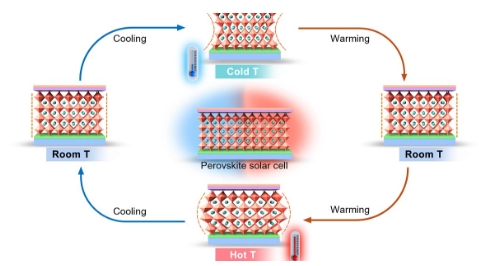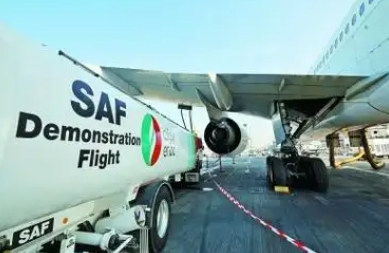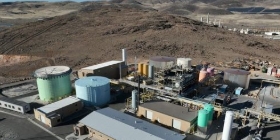
Their findings revealed that thermal stress is a decisive factor in degrading these materials. Despite encapsulation protecting cells from moisture and oxygen, daily temperature fluctuations remain a challenge, particularly in warmer climates like deserts, where cell temperatures can range from -40°C to +100°C.
To enhance resilience, the researchers proposed solutions such as improving material crystallinity or introducing buffer layers to alleviate interlayer thermal stress. They also emphasized the importance of standardized testing protocols to facilitate comparisons between studies, aiming to establish a unified approach for evaluating stability under temperature cycling.
This collaborative effort, involving scientists from universities across China, Europe, and globally, highlights the ongoing efforts to advance solar technology's durability and efficiency.







